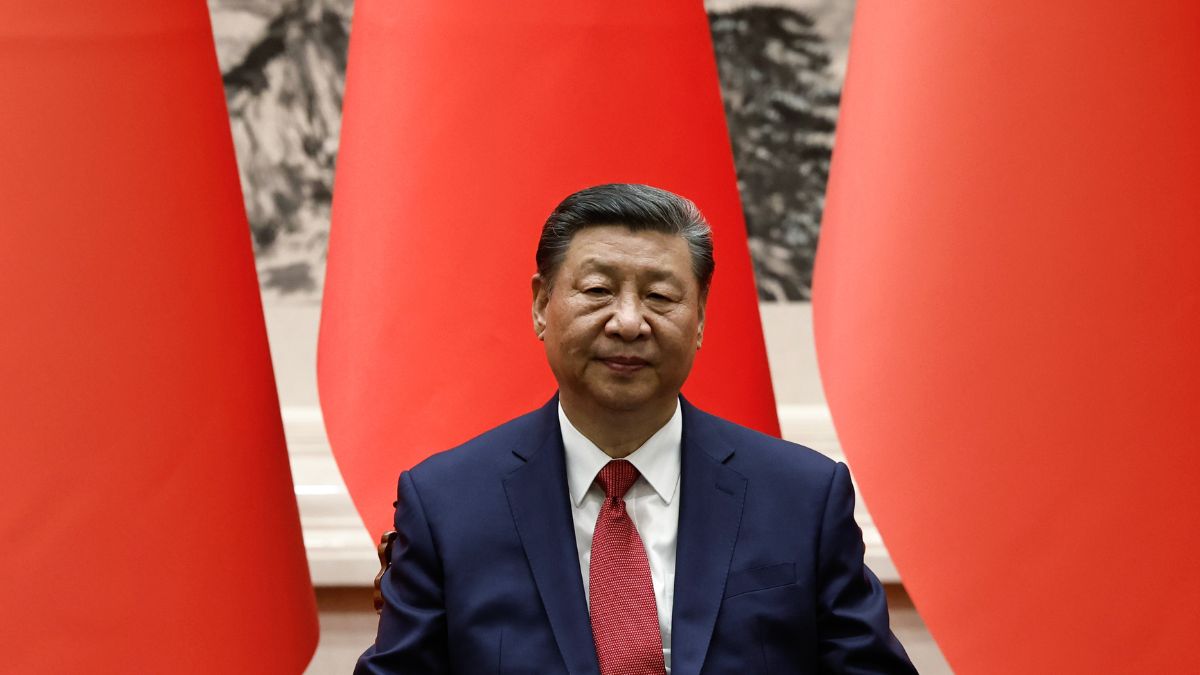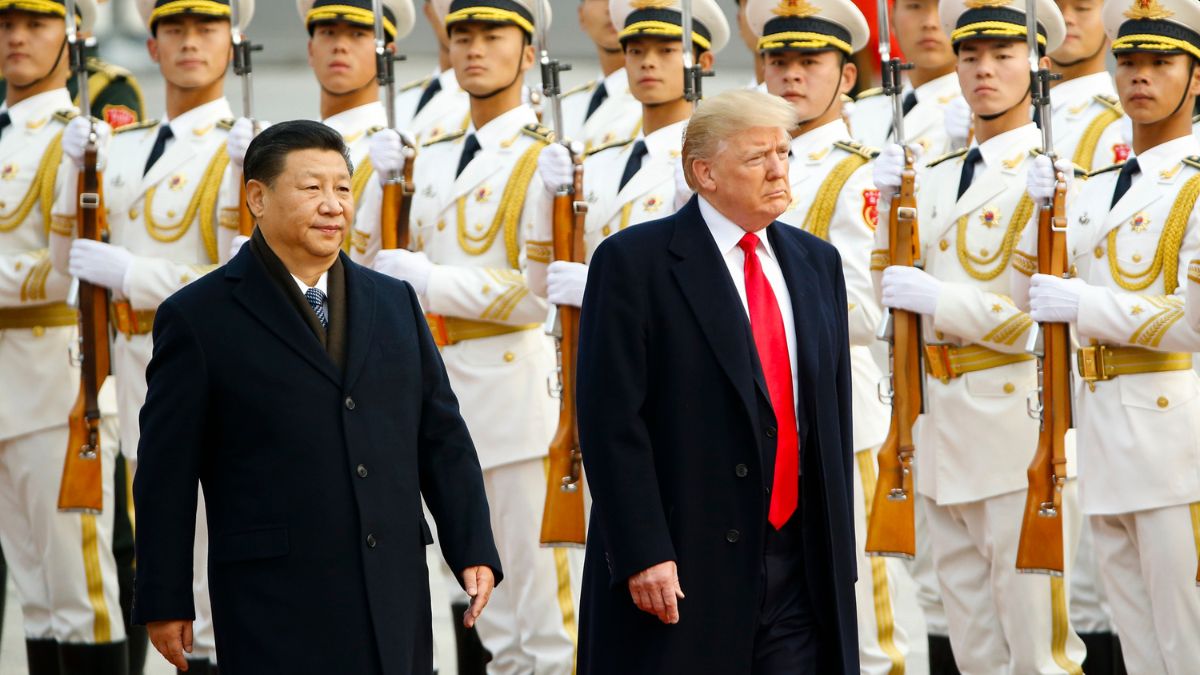
A recent agreement between the U.S. and China to reduce tariffs has started an interested debate. Fox Business reporter Charles Gasparino provides a different viewpoint that questions the idea of the U.S. winning. This is intriguing because Fox normally sides fully with President Trump.
Gasparino argues that the deal was a compromise where both the U.S. and China gave in, leading to a major drop in previously set tariffs. He says the agreement did not come from clever negotiation but was instead a response to poor market reactions, especially in the bond market, which pushed the Trump administration to step back from its earlier tough tariff policy, as reported by The Daily Beast.
The deal led to big cuts in tariffs from both countries. The U.S. lowered its tariffs on Chinese goods from a huge 145 percent down to 30 percent. At the same time, China reduced its tariffs on U.S. products from 125 percent to 10 percent. This 90-day halt on increasing tariffs was called a win by the Trump administration, but Gasparino sees it as a major pullback from a central part of the administration’s trade policy. He stressed that this result was not a strategic success but a reaction to economic pressures.
Fox News reporter claims Trump didn’t completely win
Gasparino’s analysis focused on how the tariffs affected financial markets. He pointed out that the first round of tariff increases by the Trump administration caused strong negative reactions, particularly in the bond market, which is vital for funding the U.S. national debt. The uncertainty and bad market mood caused by the trade war hurt U.S. economic interests, creating pressure to find a solution. Gasparino argued that this market pressure ultimately made Trump soften his earlier aggressive approach.
His view was not surprising given his earlier predictions. Weeks before the final deal, Gasparino had said publicly that the U.S. had a “weak negotiating position.” He noted the risk of a recession, already nervous markets, and China’s key role as a source of low-cost goods. He emphasized that the U.S. depends on capital markets to finance its budget deficit, making a long trade war impossible.

Gasparino argued that China knew these weaknesses and used them in negotiations. The market’s strong rise after the tariff reduction deal was announced supports Gasparino’s earlier view of how sensitive markets were to the trade conflict.
Gasparino’s take directly opposes the triumphant tone coming from some in the Trump administration. His blunt statement that both sides “gave in” and that Trump was “forced to back off” is very different from the administration’s usual story.







